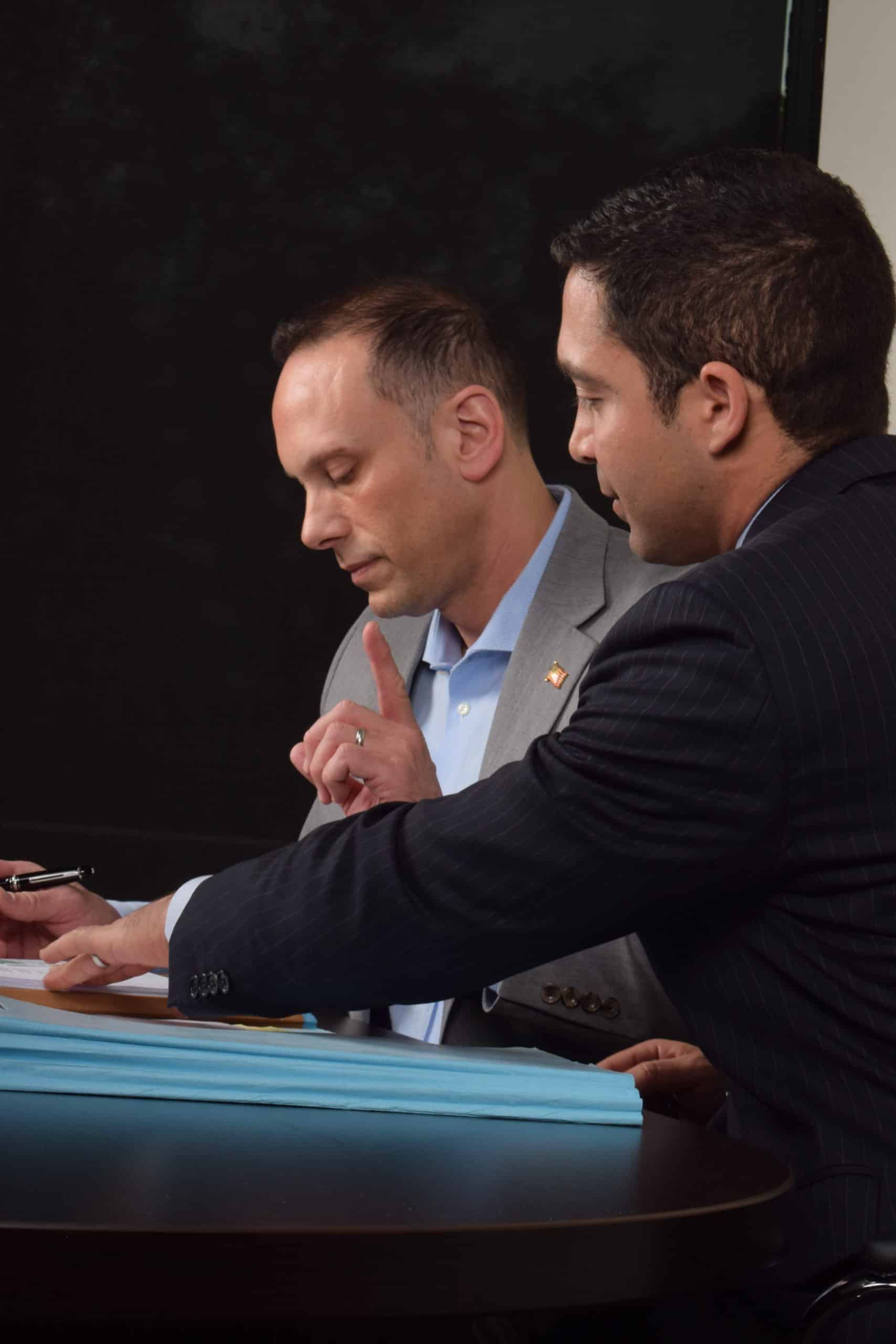Ancillary Probate
Probate is the legal process of settling a person’s estate after they have passed away. In general, a decedent’s estate will need to go through probate whenever he or she died owning property in their sole name, without beneficiary designations. If the decedent owned real property, aka real estate, in states other than their home state when they passed away, this property will have to undergo an additional probate procedure called ancillary probate.
Ancillary probate is a supplementary probate proceeding in another state that is necessary to complete the “domiciliary” probate proceeding in the decedent’s home state and to effectively sell or transfer the property located in the non-domiciliary state. For instance, if the decedent resided in New York when he or she passed away, the domiciliary probate proceeding would take place in a New York probate or surrogate court. An ancillary probate proceeding would then have to take place in a Florida court to clear title in transferring the decedent’s vacation home or timeshare, located in Florida.

When Is An Ancillary Probate Administration Mandatory?
In Florida, an ancillary probate administration is generally required whenever a person who was not a resident of the state:
- Died owning real property, aka real estate, in Florida.
- Died owning a timeshare in Florida.
- Died owning any property or liability in Florida which would require the signature of a Florida appointed personal representative in order to collect, transfer or discharge.

Types Of Ancillary Probate In Florida
As with domiciliary probate in Florida, an ancillary probate can be in the form of a formal administration or a summary administration.
Formal administration – is required when the Florida property is valued over $75,000. In order to conduct a formal administration an attorney must be employed to be designated as the attorney of record for the estate, and an ancillary personal representative will be appointed. An ancillary formal probate will involve all of the same steps as a domiciliary administration, including a publication of notice to creditors and a 90 day creditor period. Once the creditor period expires and any creditor claims are satisfied, the personal representative can begin the process of closing the estate.
Summary administration – is a shortened form of probate administration that can be utilized when the deceased person’s FL property is valued at less than $75,000, or when the decedent passed away more than two years ago. A summary administration can have a number of drawbacks, so the proceeding is only recommended in particular situations.
The Ancillary Probate Process In Florida
For an ancillary probate administration in Florida, you will need to enlist the help of a Florida probate attorney. But before your attorney can initiate an ancillary probate administration, he or she will need the following items:
- Two original death certificates for the decedent.
- Exemplified or certified copies of all pleadings and orders from the domiciliary proceeding.
- Full names and mailing addresses for all identified beneficiaries.
- List of any known or potential creditors of the FL estate.
Who Can Administer An Ancillary Probate Administration in Florida?
During a formal probate, an ancillary personal representative will be appointed to carry out the administration. If a personal representative, or executor, was appointed in the domiciliary proceeding, that person will have preference in appointment for the ancillary proceeding, as long as the person named is qualified to act as a personal representative in the state of Florida. If the person cannot serve, then the majority of heirs shall nominate someone to serve in the role. In general, a personal representative can be any individual who resides in Florida, or can be a non-resident if they are a close relative of the decedent such as a spouse, child, sibling or parent of the decedent who is qualified.
To be qualified to act as personal representative of an estate in Florida one must:
- Be 18 years of age or older.
- Have the mental capacity to carry out the duties of a personal representative.
- No felony convictions.
Ancillary Probate FAQs
Upon the death of the decedent, the proper procedure is to first initiate the domiciliary probate in the state in which the decedent was domiciled at the time of death. Often the last known address listed on the death certificate is utilized to determine which state is the appropriate venue for the domiciliary proceedings. A petition for probate will be filed in the county of last residence. The domiciliary probate will control all real property located in that state, as well as all tangible and non-tangible personal property located anywhere in the United States. The vast majority of estate property is generally controlled by the domiciliary probate, including most liquid assets such as bank and brokerage accounts.
Any real property, aka real estate, owned in a state other than the domiciliary state, will require a second probate initiated in that other state, referred to as an “ancillary probate proceeding.” The ancillary proceedings should always start after the domiciliary probate is underway, since exemplified or certified copies of the domiciliary proceedings will be filed in the ancillary states. In order to obtain clear title to potentially sell the real estate while in the name of the estate, or at some future time, a title company will require that the necessary probate proceedings be conducted to document proper chain of title. It is not uncommon for families to avoid the probate process for many years after the death of a family member, choosing to instead live in the home without removing the decedent’s name from the house. The family is then forced to conduct a probate many years down the road when it comes time to sell the piece of real estate. Waiting extended periods of time to initiate the probate process can create significant problems, chief among them is the possibility that beneficiaries will also pass away, which can create a situation in which multiple probates must be conducted simultaneously in order to clear title.
In general, a decedent’s estate will need to go through probate whenever he or she died owning property in their sole name, without beneficiary designations.
If the decedent owned real property, aka real estate, in states other than their home state when they passed away, this property will have to undergo an additional probate procedure called ancillary probate.
An Experienced Florida Ancillary Probate Lawyer Can Help
Probate can be a time-consuming and expensive process, lasting months or sometimes years before completion. So, the possibility of administering probate proceedings in multiple jurisdictions can be a significant undertaking.
In order to properly navigate the ancillary probate process in Florida you will be required to know the type of ancillary probate administration the decedent’s estate requires, who can act as the decedent’s personal representative, etc.
An experienced Florida probate lawyer can help you through the process from start to finish, and can even serve as personal representative, if necessary.
Give the Florida Probate Law Firm a call at (954) 833-5328. We look forward to serving you.

